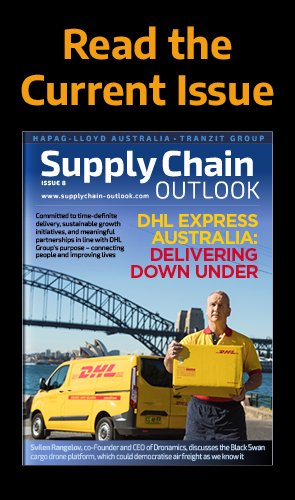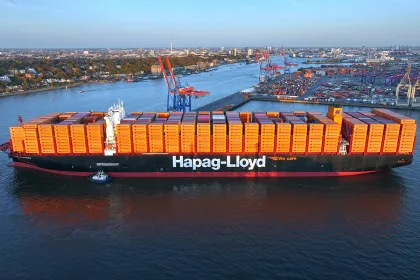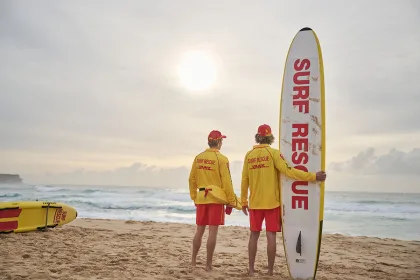Contents
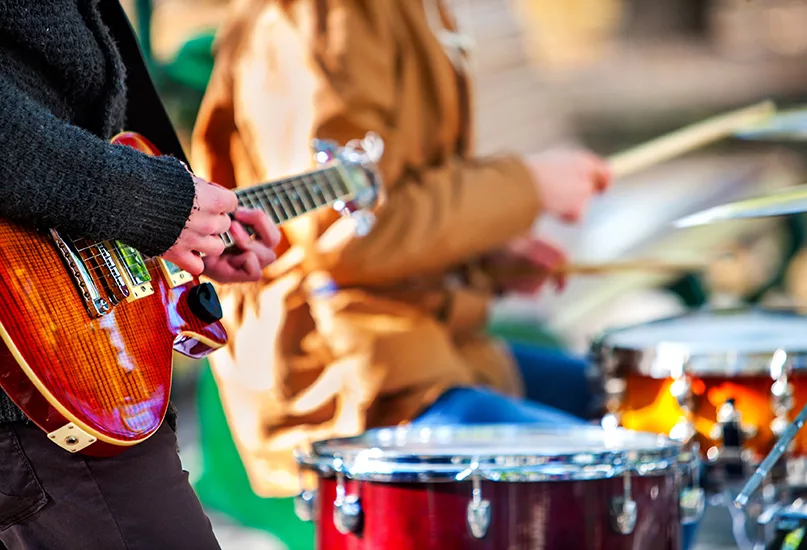
VENUE AND SETUP
- Location — A festival must be situated somewhere that suits your goals, and if a large number of attendees are expected to travel to get there, you need a location with a variety of convenient transport links nearby.
- Mock-up — When dealing with an expansive area and numerous different activities and performances, it becomes important to visualise your space with a site map. The most important thing is to make sure that it’s accurately scaled and easy to read.
- Equipment — An element that is often overlooked in the logistics planning department is festival equipment. Artists and vendors will undoubtedly be carting large electrical apparatus, sound gear, stage setup, and booth materials into the venue. For this, there’s no better way to organise the surplus hardware than with reusable, plastic, collapsible bulk boxes.
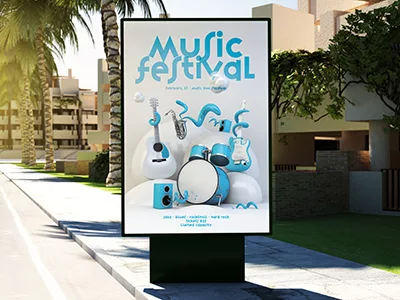
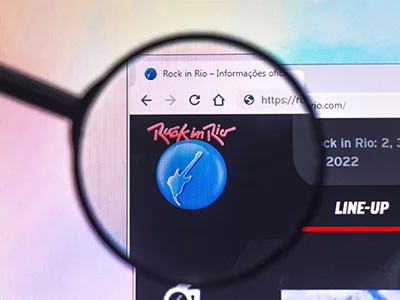
SECURING TALENT
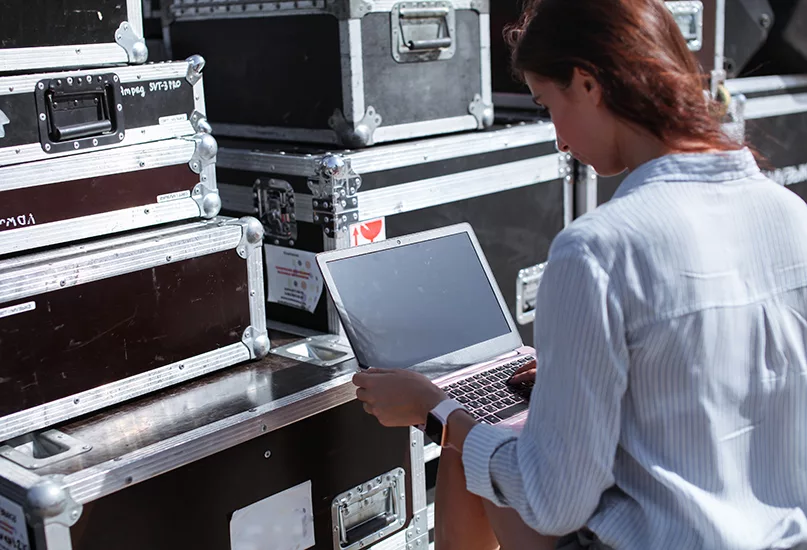
TICKETING, SALES, AND ENTRY
- Attendee flow — Anyone who has ever been to a large event of any kind will know that getting in and out of the arena or location is one of the most challenging and often stressful parts of the experience. Before the festival starts, it is important to create a detailed plan of how to funnel guests to where they need to go without causing heavy traffic and to identify and clearly signpost all exits.
- Scanners — If you’ve sold over a few hundred tickets, you will undoubtedly require an investment in ticket scanners to ensure that event-goers get through the gates quickly, safely, and efficiently.
- Security — Security teams play a crucial role in managing the crowd by controlling the flow of people in and out of the festival grounds. They also ensure that visitors are not overcrowded and maintain order in the event of an emergency.
- Payments — Accepting all forms of payment, both on-site and online, will help boost overall event sales. Not only will this make it easier for customers to secure tickets, but it will also make an event look more reputable and legitimate. Many festivals also now offer staggered payment plans, which can help increase sales.


CATERING TO THE EVENT-GOER
- Information — Any festival setup must include numerous accessible information hubs so that festival-goers can seek guidance when they need it. Additionally, information booth workers should provide maps and flyers, and be able to quickly direct attendees to medical services, lost and found, security, and other on-site facilities. Furthermore, all this information must also be easily available on the event website or app.
- Customer service — It is absolutely essential to designate a few trusted members of event staff as customer service professionals so that volunteers and other attendees can direct any conflicts or issues to a specific person. The festival must simultaneously have a clear strategy in place for how to handle issues with ticketing, entry, vendors, and more.
- Personalisation — Every festival should aim to create a truly unique and memorable experience by adding a personal touch.


MARKETING AND AWARENESS
- Authenticity — The first rule of event marketing is to remain authentic. A valuable lesson learned from the now infamous Fyre Festival disaster, which spent millions on glitzy marketing materials featuring Kendall Jenner and a fleet of private jets, is that it’s crucial to be upfront and honest with ticketholders every step of the way.
- Social — If the target audience of the festival is largely from a digital generation, you cannot afford to underplay social media engagement. Creating a hashtag and incorporating it throughout the event is a key example of something that visitors are more likely to share.
- Livestream — Social media potential can be maximised and interest can be enhanced for the following year by livestreaming some of the biggest and most well-attended, iconic festival moments.




